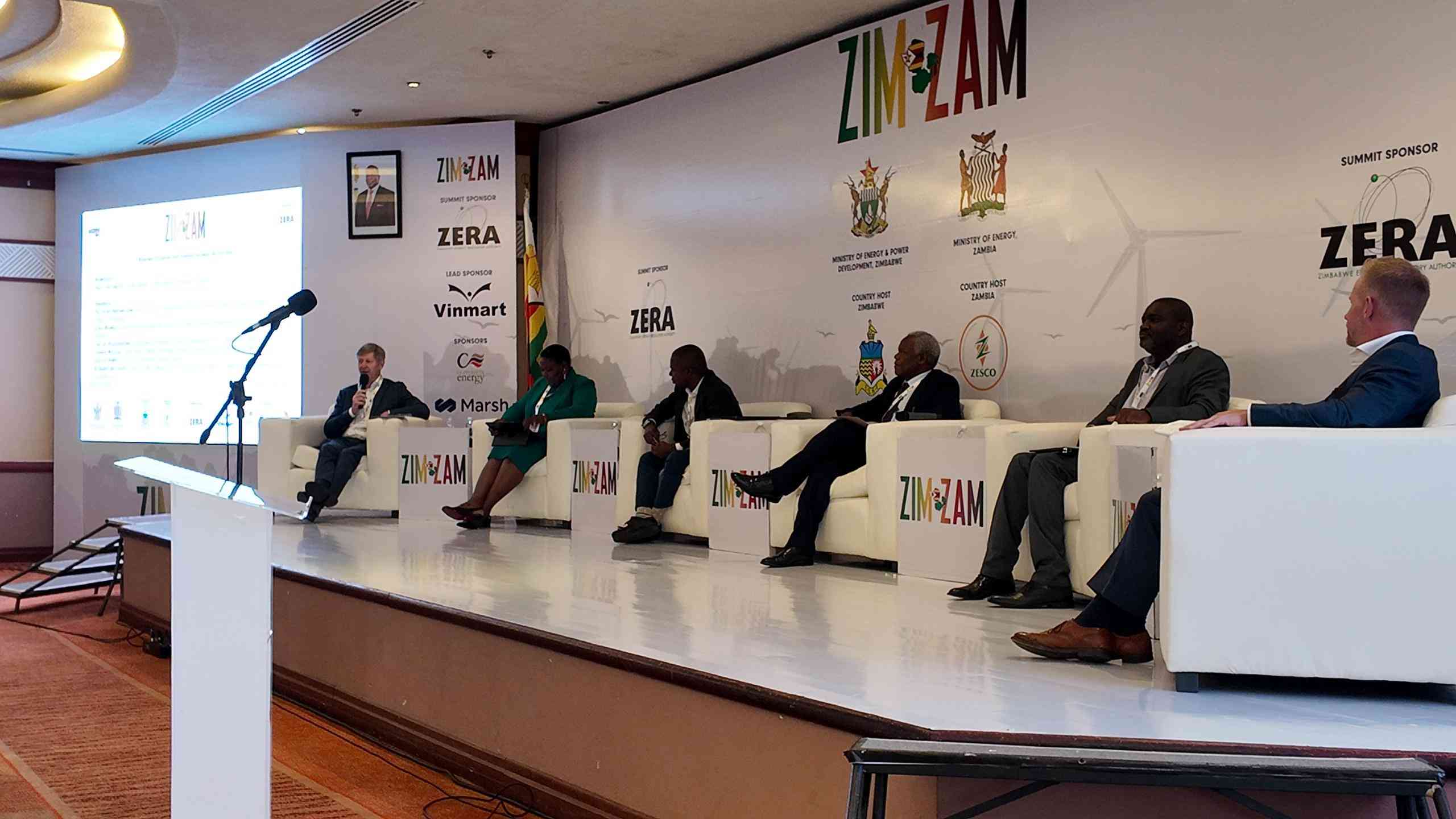THE Insurance and Pensions Commission (Ipec) has reported a 12% increase in direct insurance policies to 419 818 in the second quarter, driven by the motor insurance business amid currency volatility.
The increase in policies is from 374 255 reported at the end of the first quarter.
Direct insurance policies are sold to customers without an intermediary, like an agent or broker.
“As at 30 June 2024, short-term insurers had a total of 419 818 policies, up from 374 255 policies recorded at the end of the first quarter of 2024. During the second quarter of 2024, 167 054 policies were underwritten, while 121 491 exists (expired/cancellations) were reported,” Ipec said, in its Second Quarter Short-Term Insurance Report released last Friday.
“The majority of policies reported during the half year ended 30 June 2024 were under the motor line of business totalling 372 237, constituting 89% of the total policies. Motor insurance had the greatest number of policies that were either cancelled/terminated at 118 806, contributing 98% to the total number of policy cancellations during the period under review.”
- Stanbic Bank steps up efforts to promote international trade
- ‘ZSE left with two valuable counters’
- Simbisa to expand Zim footprint
- Econet deploys 32 5G base stations, earmarks additional 120 sites
- NMBZ turns to Rabobank for agric financing
Fire insurance was the second biggest segment with 11 869 policies having been sold at the end of the period under review.
“The immediate challenge for the sector was the need for resources to convert assets and liabilities from Zimbabwe dollars to ZiG,” Ipec said.
“This process required meticulous revaluation and recalculation of policy benefits, premiums and reserves. The process called for accuracy to avoid prejudicing policyholders to maintain policyholder trust and ensuring the financial stability of insurers and pension funds.”
Ipec said the introduction of a new currency raised concerns among policyholders about the value and security of their policies.
“Insurers and pension funds have been actively communicating with policyholders to inform and provide reassurance about the protection of their investments,” it said.
Ipec reported that there were 527 registered entities/persons in the short-term insurance industry as of June. However, this represented a 59% decrease from 1 271 registered players/persons reported as at June 30 2023.
The regulator attributed the huge decrease to an agent verification exercise undertaken by the commission after which it was established that 699 of the registered agents’ licences had expired and had not been renewed.
Ipec said all 19 short-term insurers reported capital positions above minimum requirement, with these insurers recording an average capital position of ZiG60,46 million as of June.
“During the first half of 2024, direct short-term insurers reported consolidated insurance revenue amounting to ZWG1,19 billion,” Ipec said.
“In terms of foreign currency business, the direct short-term insurers reported insurance revenue amounting to US$88,78 million.”













